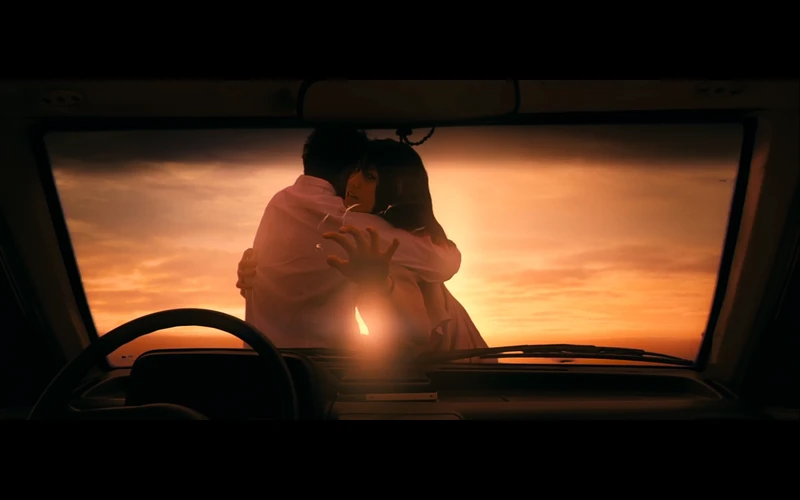Thirst (2009)
| director: | Park Chan-wook |
| release-year: | 2009 |
| genres: | horror, psychological |
| countries: | Korea |
| languages: | Korean |
A low-key Korean vampire tale that spirals insanely into a surrealist Tell-tale Heart.
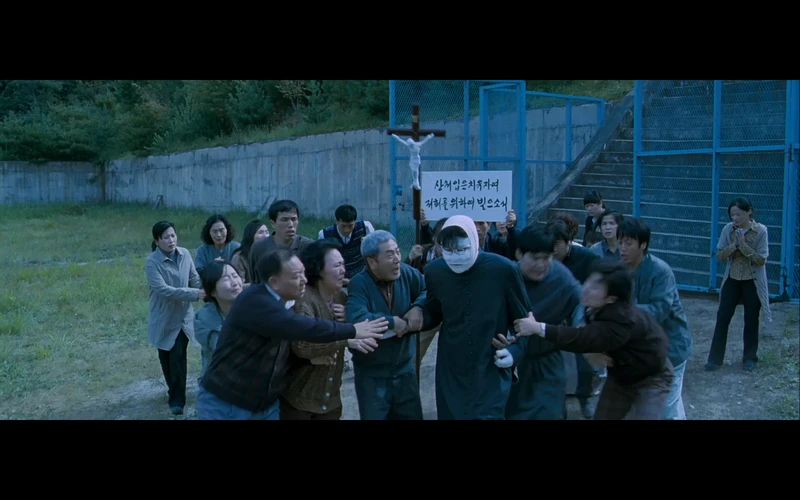
Song Kang-ho (dummy hero of The Host (2006)), a young Catholic priest, volunteers for some probably-immoral vaccine research trial and is miraculously cured of an incurable disease. Unfortunately, we quickly learn, that's because he was getting blood transfusions from a vampire, and the cure comes with an inconvenient little curse.
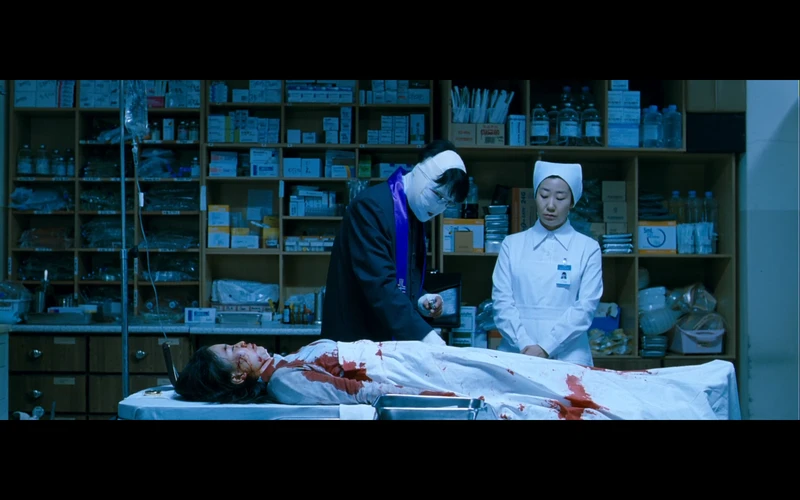
Now bound to blood, Kang-ho volunteers at a hospital and tries to justify to himself the morality of non-violent blood acquisition through theft. It goes pretty well, barring a little loneliness and depression and crisis of faith.
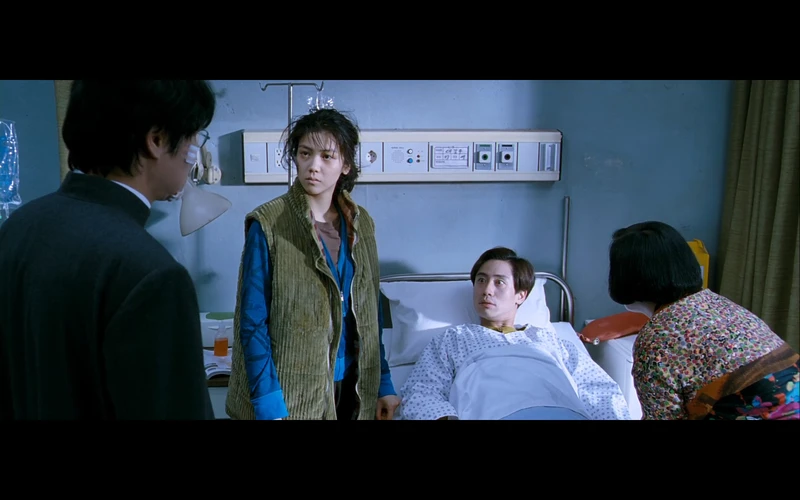
He moves in with the maladjusted family of an old childhood friend, and swiftly falls in love with the friend's lonely, depressed, mentally abused wife, Tae-ju. The feeling is mutual, and off they go on a vampiric affair. Kang-ho gives her the "gift" of vampirism, but immediately regrets it as she does not share his sense of blood-sourcing morality. She much prefers free-range blood, and runs about making a mess of things.
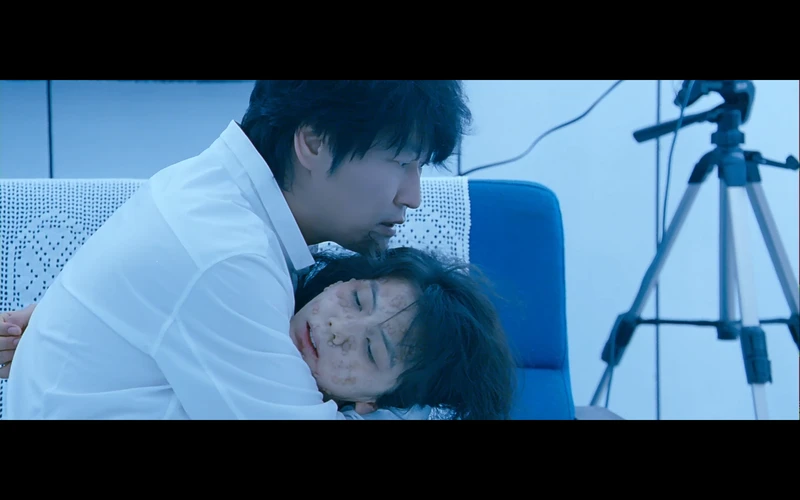
As seen recently, Park Chan-wook knows how to take a simple scene and make an audience squirm. There's something inexplicably discomforting about watching Tae-ju repeatedly stab scissors into the gaping mouth of her snoring husband. It gives the same sort of visceral repulsion as Joaquin Phoenix dropping knives on his toes.
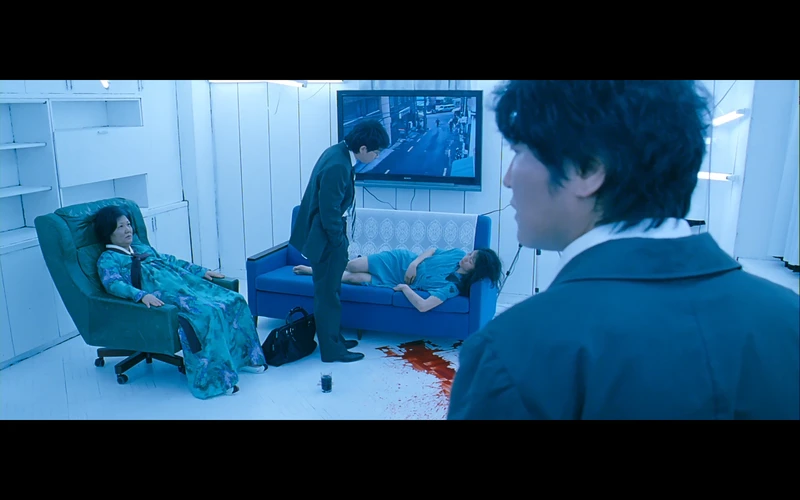
Her disgusting man-child husband is an issue for the adulterous couple, so they have to take care of that. They choose an unusual method – drowning– and are subsequently cursed by hallucinatory visions of his bloated, leaking corpse. Kang-ho spirals in self-pity and doubt, while Tae-ju spirals in homicidal lunacy. The mom, who also lives with them, goes batty and catatonic. She pieces together that her daughter-in-law and house guest are son-murdering vampires, but her inability to communicate through anything more than blinks and finger taps keeps their secret mostly safe.
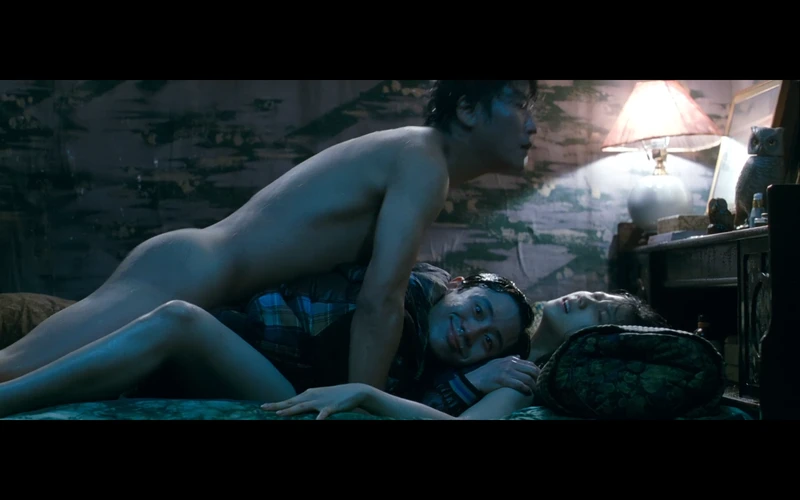
Mostly safe isn't safe enough, and Tae-ju partakes joyfully in a bit of the ol' ultra-violence on the rest of their friends and family. Having had quite enough of that, Kang-ho takes her out to sea and /Midnight Mass/es her ass.
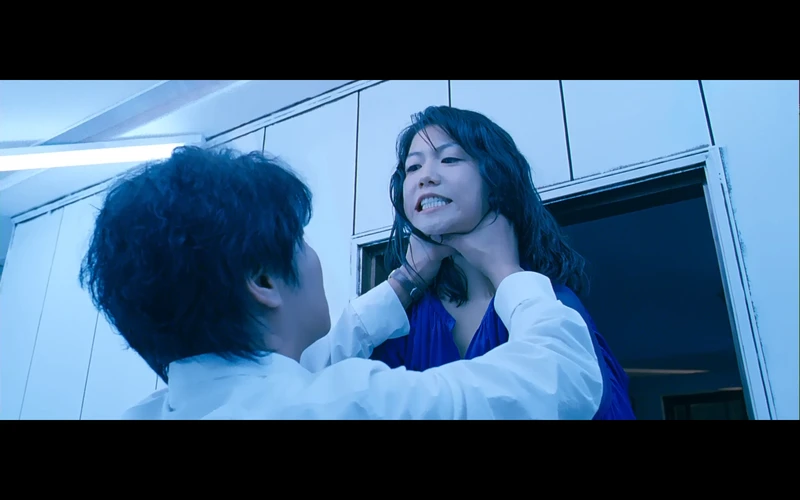
There are a lot of parallels to Midnight Mass. In fact, they're pretty much the same story told with different emphasis. Both have vampirism coming in to a community through good-faith Catholicism, leading some to question their religion while reinforcing it in others. Both feature original vampires who try to keep their damage isolated and somewhat morally justified, while their uncontrollable offspring bind themselves to no such limitations. Both settle on the best solution to vampire infestation being a quick jaunt to the beach. Thirst is more immediately enjoyable, and does a lot in its two hours, but gives each of these topics only a cursory glance in comparison.
